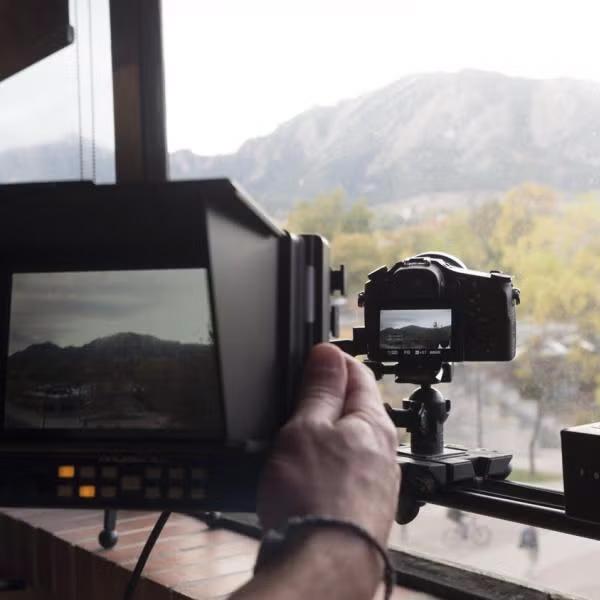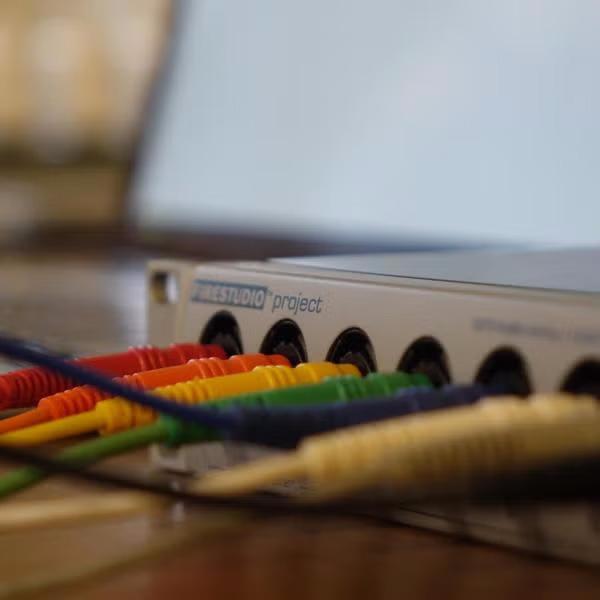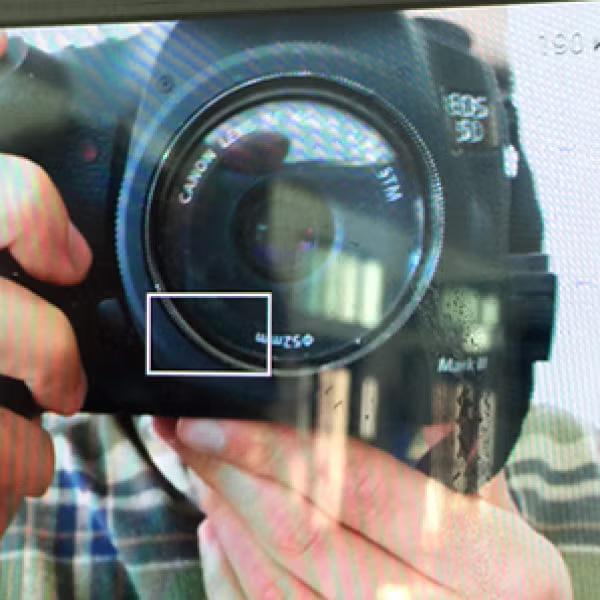DCMP Graduate Programs
The Department of Critical Media Practices graduate program is comprised of a PhD in Emergent Technologies and Media Arts Practices in addition to graduate certificates in the field. The PhD is a four-year fully funded practice-led program of scholarly research into new and evolving creative practices rooted in innovations in art and technology, aesthetics and theories of cultural production, representation and embodiment.
The program is predicated upon the integration of theory and practice, and is situated in the interstices of humanities, arts and computational technologies. Its interdisciplinary and transcultural approach to creative practices and knowledge production draws extensively from art and art history, moving image art, performance art, sonic studies, and immersive media platforms. The thread that integrates these disciplines into a unitary field of knowing and doing is a shared interest in the application of media computational technologies informed by critical/historical inquiry and research into how these technologies are reconfiguring media arts production and art practices while also forging innovative forms of artistic collaborations, and creating reflective, critical, and culturally engaged scholar/artists for the 21st century.





